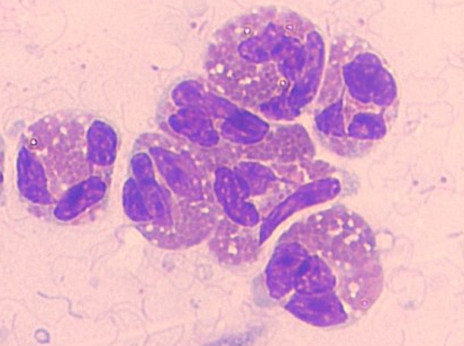Articles
Liver metastases
 The liver is an essential organ for maintaining the balance and homeostasis in the body.
The liver is an essential organ for maintaining the balance and homeostasis in the body.Unfortunately, this biochemistry central is often the perfect colonization site for many tumors which originate in other organs.
Liver metastases are characteristic of tumors of the gastrointestinal tract, of the pancreas, lung, breast, prostate, kidney, sarcomas, cancers and many other hematological malignancies in an advanced stage.
This organ has an ample capacity to make up for functional cuts, even important, to its parenchyma, but when its structure is almost completely subverted by the presence of metastatic (or primitive) tumor tissue, it ceases to function properly.
At that point, the patient begins to feel an unnatural torpor and falls into what is called hepatic coma. Before, the surgical approach to liver metastases was considered impossible, or at the very least useless. Today we see that under specific conditions, patients may benefit from a metastasectomy and sometimes they can recover completely, or at least greatly prolong life expectancy.
Another possible approach to liver metastases is the thermal ablation, which consists in the direct application of electrodes on the tumor mass to burn it. Systemic chemotherapy is equally effective, more so when new generation drugs are combined together .
Even locoregional chemotherapy (via hepatic artery) can be attempted. Hyperthermia is also used in the treatment of multiple liver metastases. Similarly, stereotactic radiotherapy can be used in specific cases.
Conclusively, it is evident how much our approach to metastatic patients has changed, since they are no longer considered already condemned, but people who can try to recover at least a good quality of life, if not greatly increase their life expectancy thanks to the wide choice in available treatments.

